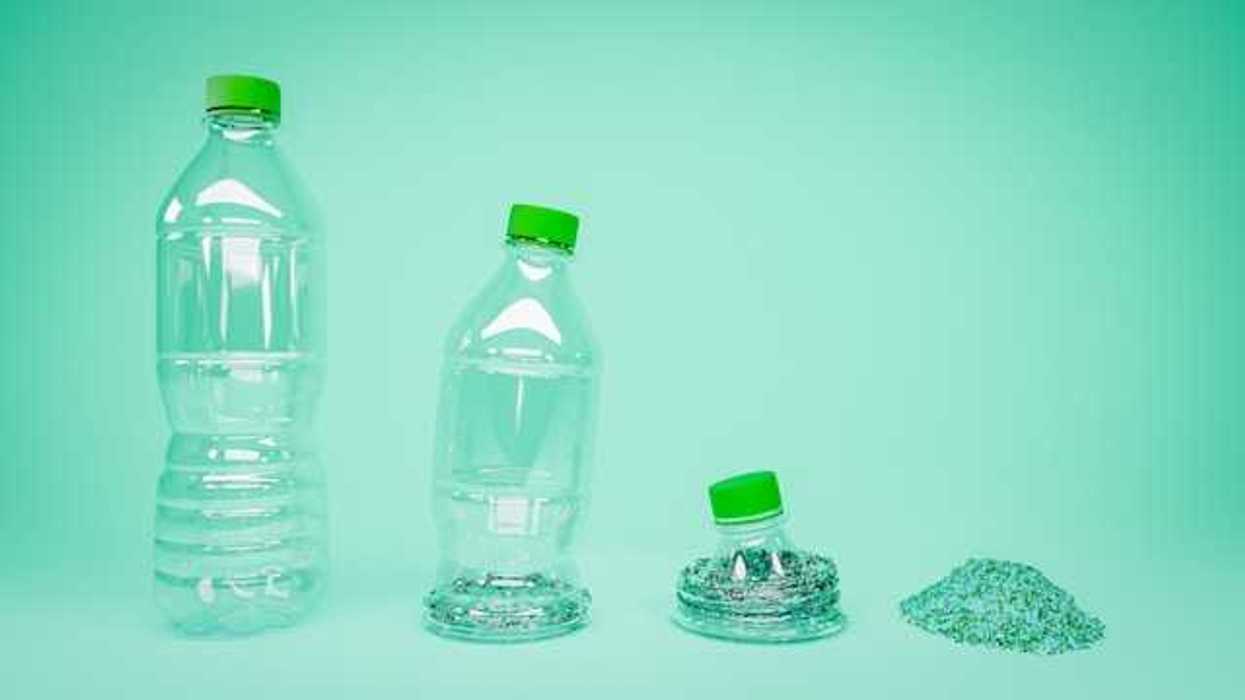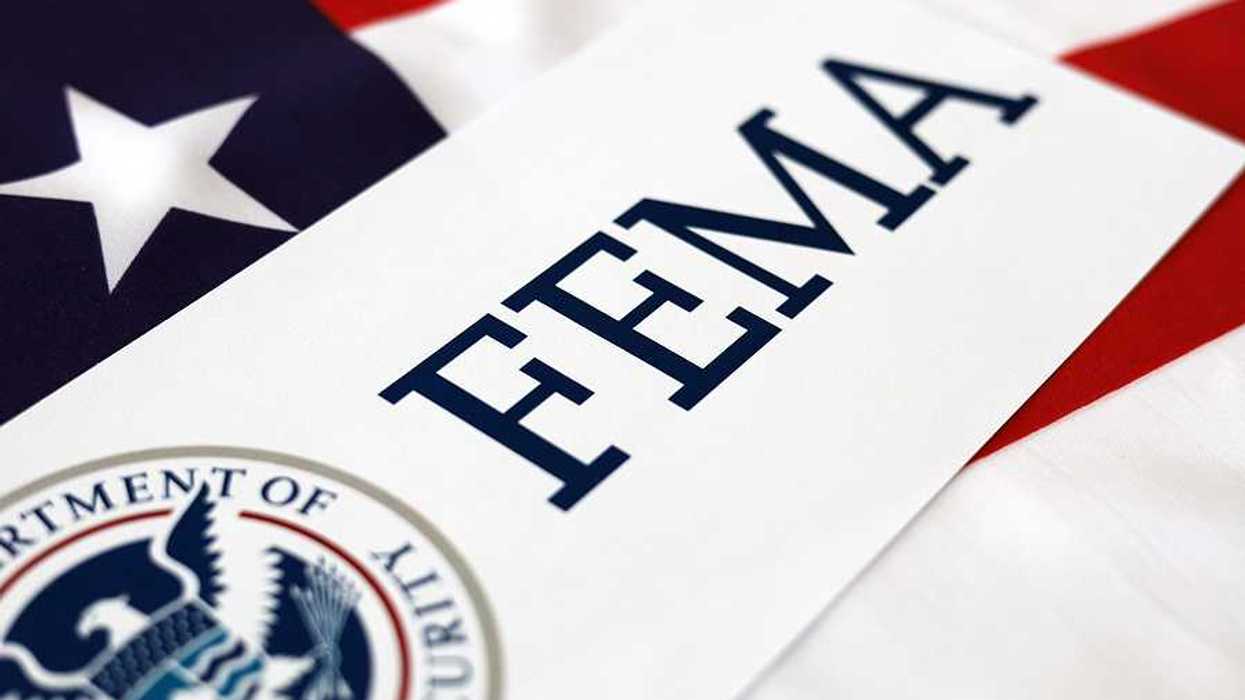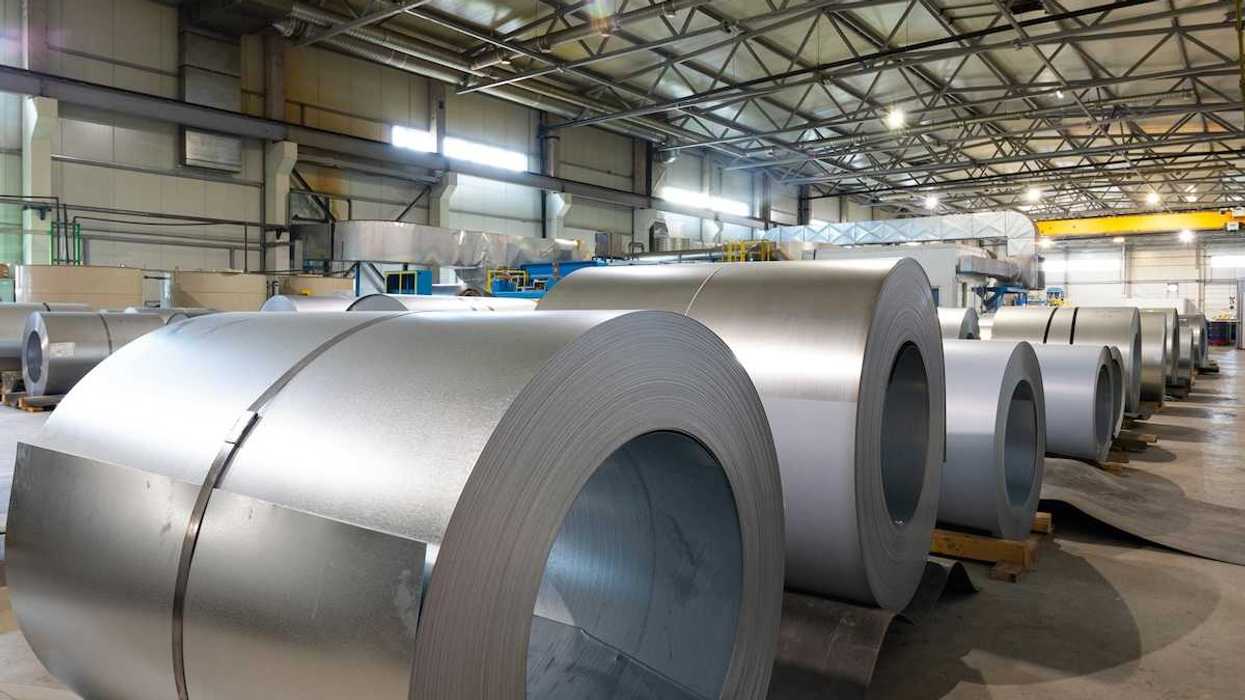It's a fast, easy lunch — just grab a box of mac & cheese and follow the instructions.
The children will be satisfied, but that meal has a sinister secret: It could be exposing you and your family to chemicals that you won't see, smell, or taste with the potential to impair childhood development and increase risk of cancers and reproductive diseases.
That's why thousands are calling on Kraft-Heinz, an industry leader in processed cheese production, to remove phthalates from their products. The petition, which will be delivered today at 11 am to Kraft-Heinz's Pittsburgh headquarters, calls for immediate action to find and remove any and all sources of phthalates from their supply chain to protect millions of consumers who may be exposed on a regular basis.
Phthalates are toxic because of their endocrine disrupting properties, meaning they interfere with hormonal processes that keep our bodies running and direct the development of children. While every endocrine disrupting chemical needs to be recognized as a health hazard, phthalates are posterchildren for the problem.
Phthalates are a class of chemical compounds used primarily as additives called plasticizers to make plastics more flexible, transparent, durable, and long lived. Phthalates are the most common plasticizers in the world. They are used to soften polyvinyl chloride (PVC), changing hard PVC piping material into soft PVC rubber duckies. Even hospital tubing and bags used to store and transfuse blood can contain phthalates.

While many exposure sources exist, food may be the most dangerous source of phthalates, particularly dairy products such as fatty and processed cheeses, including boxed mac & cheese.
Kraft-Heinz is a leading producer of such products. Phthalate concentrations in Kraft products like mac and cheese powder and processed cheese range from 0.2 mg/kg (or parts per million, ppm) to 2.5 ppm. The US Environmental Protection Agency estimates that a safe dose for phthalates is between 0.1 and 0.01 ppm, although many scientific experts think the EPA's safe dose is too lenient.
To put this in perspective, this means that when you hold a block of cheese, you may be holding enough phthalates to expose a 5-year old to unacceptable levels of phthalates for more than three days from one product alone.
One of the most toxic phthalates, di(2-ethylhexyl) phthalate or DEHP, is the most commonly found in cheeses. Children are more prone to phthalate toxicity because they are still on the developmental path to adulthood under the guidance of hormones.
Phthalates act as anti-androgens that block the activity of male hormones like testosterone. Numerous studies have shown phthalates are linked to impaired brain development, lower IQ scores, and higher incidence of autism spectrum disorders.
Beyond neurotoxicity, phthalates are associated with cardiovascular diseases and hypertension, infertility, especially in men, and reproductive diseases in both men and women. In some cases, endocrine disruptors – including phthalates – can be extremely toxic both at high doses on which EPA guidelines are based, and at low doses that typically aren't tested.
Some may also impair unexposed future generations if their great-grandparents were exposed because subsequent generations inherit changes in the ways that genes are turned on and off.
In fact, phthalates may be contributing to the looming human fertility crisis of unrelenting sperm count decline. I'm 19 years old, and I face the grim reality that much of my generation may be unable to have children.
Yet, processed food producers like Kraft continue to market phthalate-contaminated food. This contamination could come from anywhere in the supply chain. The only way to remove these toxics is for the producers to investigate their entire supply chain to find and eliminate contamination.
It is our duty to ourselves and our descendants to insist we are safe from exposure to endocrine disruptors.
Whether we act through government regulation or market pressure, we have to do something.
William Fahy is a student in the Department of Chemistry at Carnegie Mellon University in Pittsburgh, PA.















